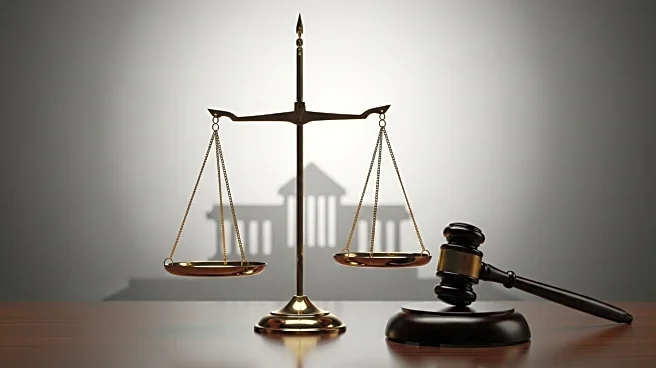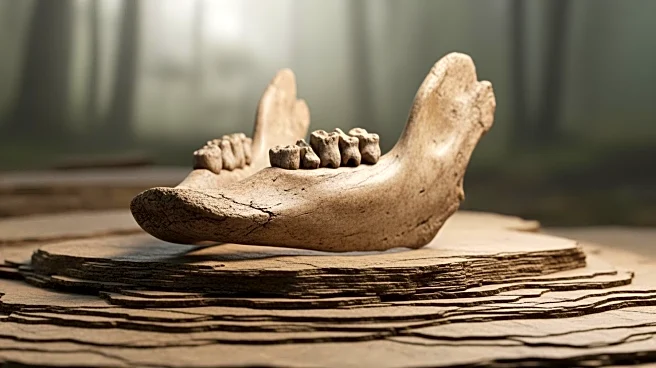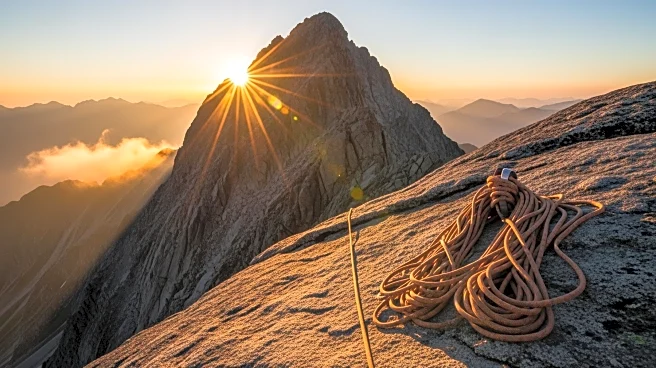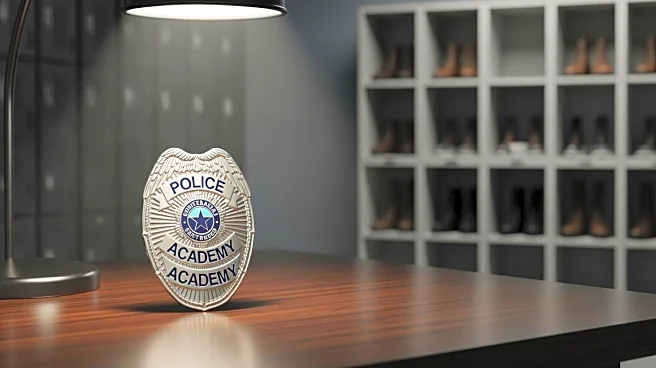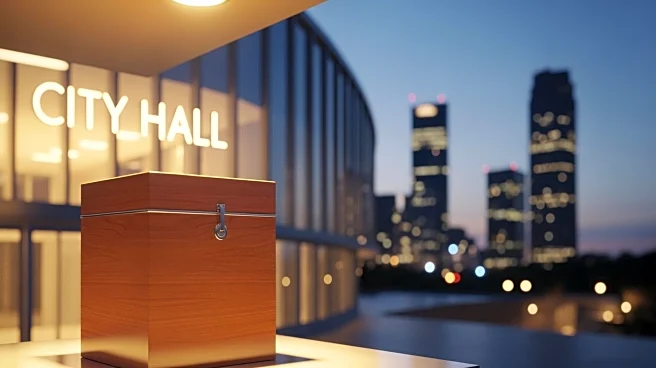What is the story about?
What's Happening?
The Supreme Court has agreed to hear a case concerning the rights of licensed gun owners to carry firearms in private and public places that are open to the public. This case involves laws from California, Hawaii, and three other states that generally prohibit carrying guns in such locations. Previously, the Supreme Court ruled that gun owners have a Second Amendment right to obtain a permit to carry concealed weapons outside their homes. However, the question of whether states can restrict carrying guns in 'sensitive places' remains unresolved. The 9th Circuit Court of Appeals had struck down a provision of California's law that was deemed too restrictive, while upholding other limitations. Gun-rights advocates have appealed to the Supreme Court, arguing that these restrictions violate the Second Amendment.
Why It's Important?
The outcome of this Supreme Court case could significantly impact gun laws across the United States, particularly in states with strict regulations on carrying firearms in public places. If the court rules in favor of expanding carry rights, it could lead to changes in laws that currently restrict carrying guns in malls, restaurants, and other private businesses. This decision could affect over 75 million people living in states with similar restrictions. Gun-control advocates argue that these laws are necessary for public safety, while gun-rights supporters believe they infringe on constitutional rights. The ruling could set a precedent for how states can regulate gun carry rights in the future.
What's Next?
The Supreme Court is expected to hear the case early next year. The decision will likely prompt reactions from various stakeholders, including political leaders, gun-rights organizations, and gun-control advocates. Depending on the ruling, states may need to revise their existing laws to align with the court's decision. This could lead to legislative debates and potential changes in public policy regarding gun rights and public safety.
Beyond the Headlines
The case raises broader questions about the balance between individual rights and public safety. It touches on ethical considerations regarding the presence of firearms in everyday public spaces and the rights of property owners to control what occurs on their premises. The decision could influence cultural attitudes towards gun ownership and the role of firearms in American society.
